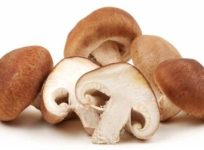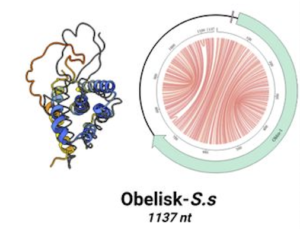Cannabis & Hemp: A Regulatory Update
The year 2018 was a landmark in the history of hemp and cannabis in the US. It was the year the FDA approved the first natural cannabis-derived prescription drug, and Congress passed a Farm Bill that included provisions legalizing cultivation of, and interstate commerce in, low-THC hemp. But the laws and regulation around hemp and cannabis remain a confusing patchwork, and some states are taking regulatory actions that run counter to the new federal provisions.







